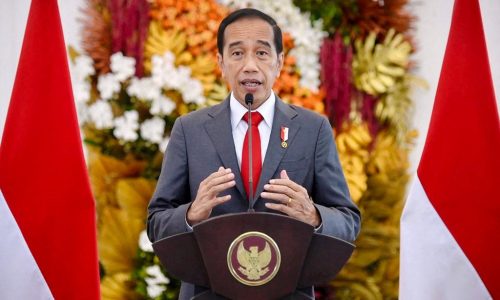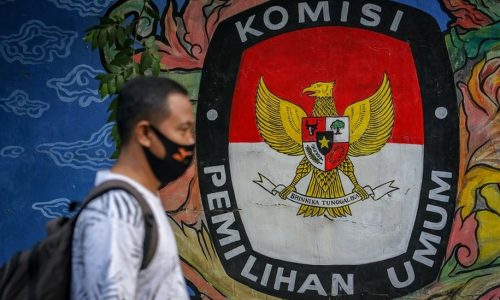Minister of Investment/Head of the Investment Coordinating Board (BKPM) Bahlil Lahadalia unveiled the progress of investments by giants in the electric vehicle (EV) battery sector who have injected substantial capital into Indonesia in line with the government’s commitment to nickel downstreaming.
The progress was revealed amid the controversy surrounding the shift in the electric vehicle industry to batteries based on iron or lithium ferro phosphate (LFP), previously mentioned by former BKPM Chief Thomas Trikasih Lembong.
“If it is said that we will shift from nickel-based parts to LFP, that is incorrect. Because the quality of LFP is not as good as nickel. It is important not to be misled in our thinking,” said Bahlil during the Trimegah Political and Economic Outlook 2024 event.
Some of the massive investments from EV battery giants include Chinese manufacturer CATL, LG from South Korea, and Ford from the United States.
“For the electric vehicle battery ecosystem companies in Indonesia, CATL, a Chinese battery company, is the largest player globally. Their investment with SOEs is Rp60 trillion, and they have already injected funds,” Bahlil said.
According to data from the Ministry of Investment, the total investment in the electric battery ecosystem amounts to US$42 billion, with contributions from LG Energy Solution (South Korea) at US$9.8 billion, CATL (China) at US$5.2 billion, and Foxconn (Taiwan) at US$8 billion.
Furthermore, intensive investment plans also come from Europe and the United States, represented by Indo-Pacific-Net Zero (INBC) from the UK at US$2.5 billion, BASF (Germany) at US$2.5 billion, Ford (United States) at US$4.5 billion, and VW (Germany) reaching US$3 billion.
Therefore, Bahlil emphasized the commitment to nickel downstreaming because Indonesia has a large market and resources for the EV battery ecosystem that the government firmly halted the export of nickel ore to increase its value-added.
“In 2017, the export value of our nickel derivative products was only at US$3.3 billion. But in 2022, it increased to US$33.8 billion. This is a tenfold increase in prices thanks to downstreaming and the ban on nickel exports,” concluded Bahlil.
The total commitment to nickel downstreaming investments for electric vehicle batteries reaches US$42 billion or approximately Rp630 trillion.









